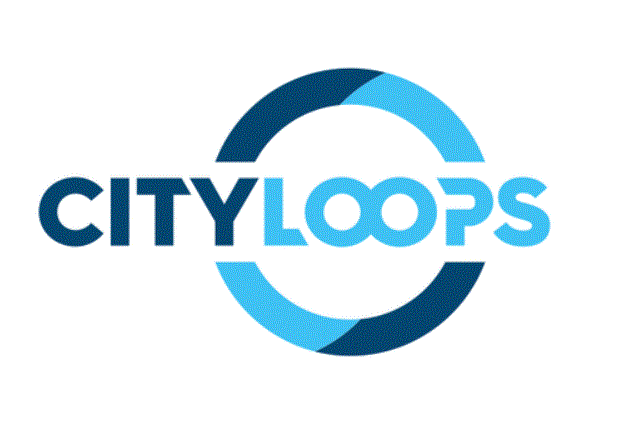Mikkeli development Miksei Ltd takes partnership in a new EU-project. The CityLoops: Closing the loop for urban material flows -project aims to reduce urban materian flows by increasing material circulation.

Construction and demolition waste (CDW) – including soil – and organic waste (OW) are two of the most significant urban material flows with a remarkable environmental impact in European cities. Led by ICLEI, the EU-funded CityLoops project will develop a series of innovative procedures, approaches and open access and open source tools to embed circularity within planning and decision making processes for CDW and OW in cities. The ultimate goal is to drive the transition to a circular economy.
Høje-Taastrup and Roskilde (Denmark), Mikkeli (Finland), Apeldoorn (the Netherlands), Bodø (Norway), Porto (Portugal) and Seville (Spain) are the seven European cities involved in CityLoops. They will structure their pilots in three phases: inception and preparation phase, including a series of preparatory analysis and stakeholder mapping and participatory planning; demonstration phase, when the solutions will be implemented and tested, and replication phase, when the CityLoops measures will be upscaled at regional and European level. The solutions and actions go from instruments for predicting future excavated CDW and soil production, to awareness-raising campaigns, circularity decision making support tool, simulation of impacts 3D visualisation tools and procurement guidelines for OW products. A total of ten demonstration actions will be implemented, testing over 30 new tools and processes.
Alongside these, a sector-wide circularity assessment and an urban circularity assessment will be carried out in each of the cities. The former will help to optimise the demonstration activities, whereas the latter will enable cities to effectively integrate circularity into planning and decision making.
Another key aspect of CityLoops is circular procurement: the seven demonstrator cities will explore how public sector purchases can create markets for innovative circular economy products and solutions – from more circular design and increasing the use of recycled content in products, to ensuring reparability, reuse and appropriate recycling of products and materials, and promoting servicisation models. The active involvement of key stakeholders in every stage of the project will be also of crucial importance.
Cities involved
- Demonstrator cities: Høje-Taastrup and Roskilde (Denmark), Mikkeli (Finland), Apeldoorn (the Netherlands), Bodø (Norway), Porto (Portugal) and Seville (Spain)
- Replicators: Murcia and Vallès Occidental (Spain)
This project has received funding from the European Union’s Horizon 2020 research and innovation programme under grant agreement No 821033. The sole responsibility for any error or omissions lies with the editor. The content does not necessarily reflect the opinion of the European Commission. The European Commission is also not responsible for any use that may be made of the information contained herein.

